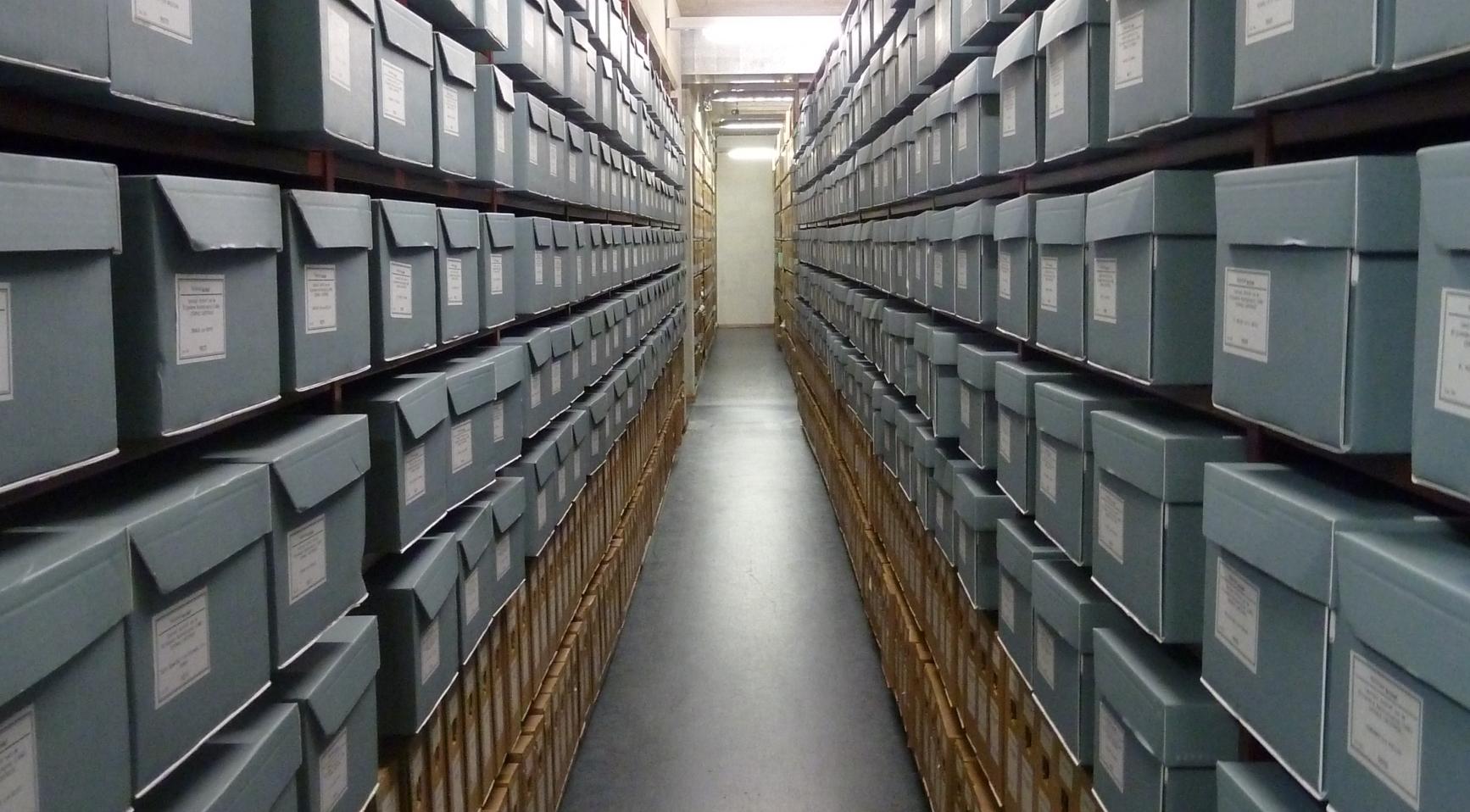Starting Monday at 1 p.m., the public can begin reserving spots to access the Central Archive of Special Jurisdiction (CABR) digitally at the study room of the National Archive (NA). From July 1, the first users will be able to review sensitive wartime files on five secure computers.
This setup is temporary. The ultimate goal is for CABR to be fully searchable online from home. Initially planned for January 1, the rollout was delayed after the Dutch Data Protection Authority warned of privacy risks. Minister Eppo Bruins of Education, Culture and Science is currently working on legislation to ensure broader access while addressing privacy concerns.
So far, nearly 11 million of the archive’s 30 million pages have been digitized. The NA projects completion by 2027 of all 485,000 dossiers on individuals investigated for collaboration with Nazi Germany during World War II.
Digitization proceeds according to the various judicial bodies involved. Files from heavier cases with more victims, such as those from the special council chamber and tribunals, were scanned first. The digital archive includes both original handwritten documents and typed transcriptions to improve readability.
Reservations open every Monday at 1 p.m. for the following week. Visitors with a reservation can use a computer for three hours and may also consult paper dossiers during their time slot. Morning bookings grant access through the afternoon.
Tuesdays have three three-hour shifts, while Wednesdays through Fridays offer two shifts daily, totaling 45 weekly spots. The NA expects demand will far exceed availability.
No selection criteria apply other than a first-come, first-served system. To reduce wasted trips, the NA offers a preliminary search service to check potential hits for visitors’ queries. A spokesperson noted this prevents people from traveling long distances unnecessarily, such as from Groningen.
